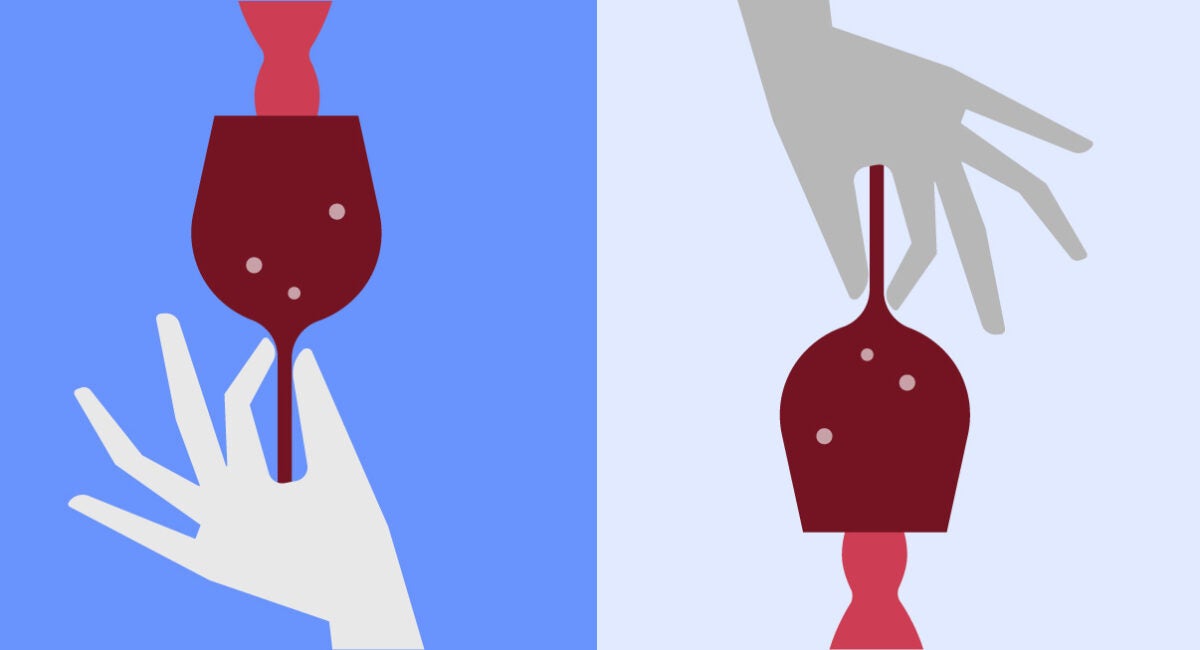Policy & Practice

Is alcohol good or bad for you? Yes.
It's all more nuanced than headlines (including this one) suggest.

NYC is working to help residents live longer, healthier lives
Ashwin Vasan, the city's health commissioner, hopes to reverse declines in life expectancy with a new program.

Families in states with bans on trans care are finding hope across state lines
“I would rather have an alive kid on testosterone than a dead kid that’s not," says one North Carolina mom.

Can California’s health care providers help solve homelessness?
With new state funds, some California health care providers move to offer what homeless patients really need: housing.

Unhoused shows us the public health crisis under our noses
We can’t solve the problem of homelessness if we look away.

“Health care for the homeless” is just a start. People need housing.
Otherwise, cycles of hospitalization will continue.